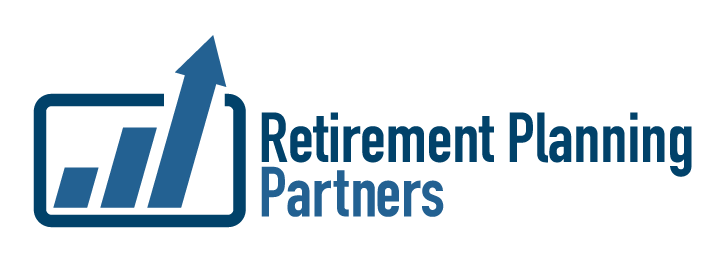January is normally a quiet month on the economic scene, but not this year. Inflation
and speculation about rising interest rates dominated the month, sending global shares
tumbling. US stocks fell 6% in January while Australian shares fell 7%. After US inflation
hit a 40-year high of 7%, the US Federal Reserve is tipped to start lifting rates as early as
March.
In Australia, inflation is sitting at 3.5%, while underlying inflation (which excludes volatile
items) is at a 7-year high of 2.6%, within the Reserve Bank’s target range of 2-3%. The
Reserve has said it won’t lift rates until 2024, or unemployment is near 4% (it fell to a 13-
year low of 4.2% in December) and annual wages growth is close to 3% (currently 2.2%).
While wages are going backwards in real terms, one third of a panel of 23 economists
interviewed by The Conversation expect the Reserve to start lifting rates this year.
One of the big influences on inflation is oil prices, with crude oil near 7-year highs. Brent
Crude jumped 15% in January and 65% over the year to US$90.94 a barrel. Aussie
motorists paid record prices for unleaded petrol in January, with a national average price
of 170.4c a litre.
The ANZ-Roy Morgan consumer confidence index fell 8 points to 100.1 points in January,
while the NAB business confidence survey fell to a 19-month low of -12.4 points in
December on the back of COVID-induces supply chain issues and labour shortages.
The Aussie dollar fell US2.5c in January to close at US70c as the greenback strengthened
on rate rise speculation.
Federal Budget – 2021-22 Analysis
For our comprehensive federal budget summary please click here.

Jobkeeper Changes
As the impact of the coronavirus on our daily lives and livelihoods rapidly evolves, below are the latest measures released by the Government to reduce both the impact to the nations health, economy, household and business finances.
At times like these it’s important to have someone to talk to, so we urge you to contact us if you have concerns about your finances.

The JobKeeper Payment has been extended by a further six months to March 2021, targeting support to those organisations which continue to be significantly impacted by COVID-19.
From 28 September 2020, eligibility for the JobKeeper Payment will be based on actual turnover in the relevant periods. The payment rate will be reduced and a lower payment rate will be introduced for those who work fewer hours. Other eligibility rules remain unchanged. …

